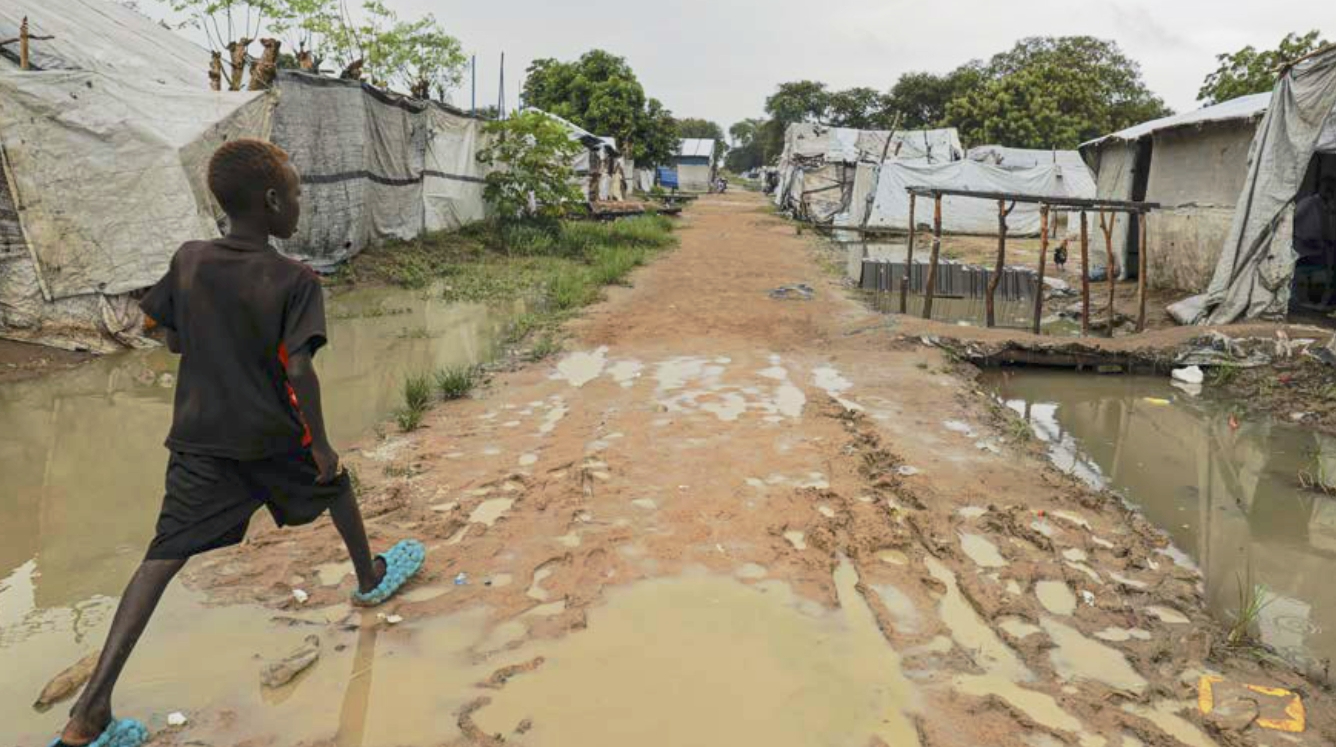“Floods, storms, droughts and extreme heat over the past ten years have caused massive population movements around the world. The climate crisis is exacerbating conflict, hunger and inequality, forcing around 70,000 people to flee their homes every day, according to a new report by the Office of the United Nations High Commissioner for Refugees.”, — write: www.pravda.com.ua
Source: The GuardianUNHCR report “No Escape II: The Way Forward“
Details: According to UNHCR estimates, over the past decade climate disasters have led to the forced displacement of more than 250 million people. Such events include not only sudden natural disasters such as floods, storms, droughts, but also slow processes such as desertification, sea level rise, and ecosystem degradation that directly threaten food and water security.
Advertising:
As of mid-2025, 117 million people worldwide have been displaced by war, violence and persecution. According to the authors of the report, the climate crisis is a “risk multiplier” that strengthens existing social and economic inequalities, particularly in countries that are already experiencing military conflicts.
According to the report, refugee-hosting countries that suffer from climate-related disasters receive only a quarter of the funding needed to combat the effects of climate change.
Refugees and internally displaced persons often live in the most vulnerable areas. So, in May 2024, a catastrophic flood in the Brazilian state of Rio Grande do Sul took the lives of 181 people and forced 580,000 to leave their homes. Among them are 43,000 refugees from Venezuela, Haiti and Cuba, who lived in the most affected areas.
A year earlier, Cyclone Mokka hit Myanmar, destroying the infrastructure of Rakhine state, where since 2012 more than 160,000 members of the Rohingya ethnic group have lived in overcrowded camps.
In 2024, a third of all climate disasters to which UNHCR responded affected people already displaced by war.
About 75% of all refugees in the world now live in countries that are highly or extremely affected by climate threats. In Chad, one of the world’s poorest and most politically unstable countries, floods have forced 1.3 million people from their homes.
The UNHCR warns that without decisive action aimed at curbing the climate crisis and supporting poor countries, the situation will worsen significantly. By 2050, refugee camps in the world’s hottest regions could face nearly 200 days of dangerous heat a year, creating serious health and life risks and rendering many areas uninhabitable, according to projections.
